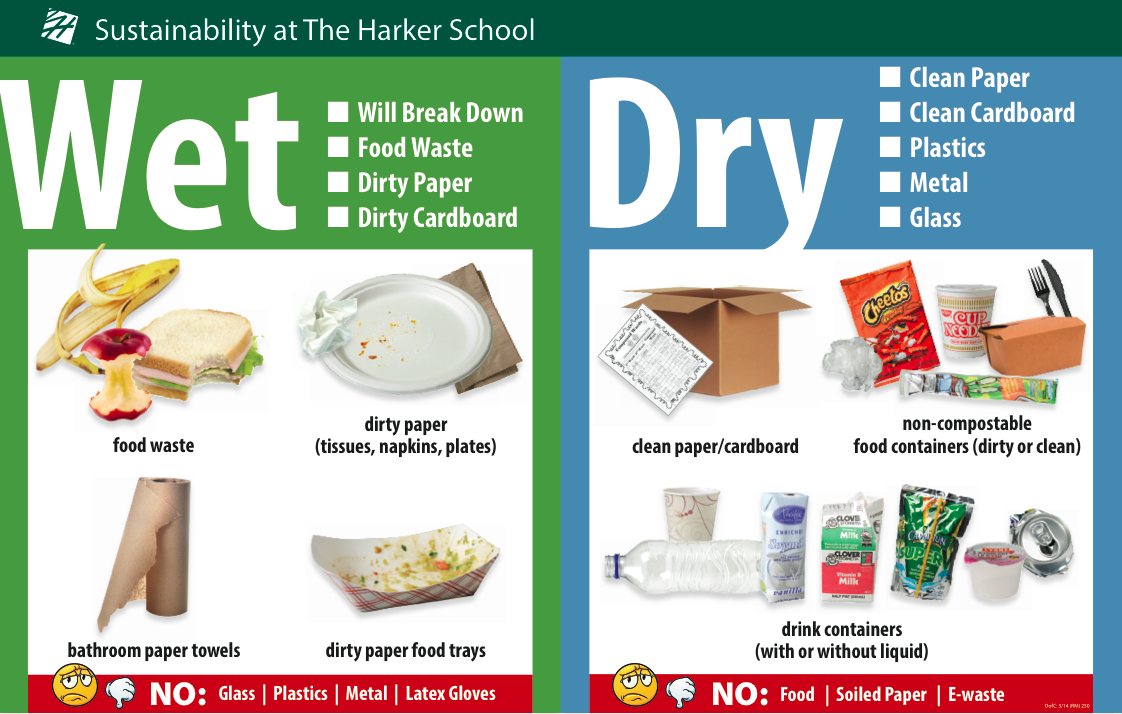
The Dutch approach is to avoid creating waste as much as possible, recover usable and valuable raw materials and generate energy by incinerating residual waste. Use of various (economic) instruments to stimulate prevention and recycling 1.Order of preference for waste management (waste hierarchy).
#Better trash system how to
Promotes responsible waste habits in childrenĪs we mentioned before, schools play a vital role in teaching children how to deal with waste properly.The main 5 elements that helped to achieve these results are: This improves your sustainability as less of your waste ends up in landfill, and helps your school to look after our planet. Waste management providers can help you to separate waste properly, recycle it after collection, and streamline your overall system to lower waste production.

#Better trash system free
With regularly managed and maintained waste disposal facilities, your school will be free of these potential risks.

Poorly maintained waste facilities and bins can cause a hazard for children, as rubbish that overflows or is left lying on the ground could cause somebody to slip or trip. Not only is this beneficial to the health of staff and students, but it keeps you well above legal standards and presents your school in a better light to any visitors or prospective parents! Fewer hazards With less waste building up onsite and a more effective waste disposal system, your school will become a much cleaner place.
#Better trash system professional
Improved waste reduction – professional waste management operators are able to share their expertise with your school to teach you best practices on waste avoidance and streamline your supply chain to reduce the amount of waste passing through your school.Separating waste correctly is key to improving recycling and waste management can provide an optimised system to do so Better waste separation – schools produce a wide range of waste types from food waste, general waste, packaging, metals, plastics, sanitary waste, covid testing waste, and more.A specialised waste management provider can schedule regular pickups to keep your school clear of rubbish. Preventing waste build ups – with more waste on your site, it can be harder to remove it consistently and efficiently.These bins can then be collected and disposed of easily. Supplying more bins for your school – in order to cope with the constant increase in waste, placing more bins around your grounds helps to eliminate litter and deal with the waste more effectively.Waste management providers can help you with a range of factors that help your school to improve and become a cleaner environment: With the amount of solid waste increasing in schools year on year, it’s becoming ever more difficult to manage, however there are major benefits that your school could see from an improved system!

In the UK, schools, colleges, and universities have a legal duty to ensure that there’s an efficient waste management system in place that aims to reduce, reuse, and recycle.Įducational facilities are also a major role model for children around the country and play a pivotal role in shaping waste habits for our younger generations. Let’s take a look at what it can do for your school and benefits that you can see from it. With a broad range of waste types from food, to packaging, to paper and materials, to stationery equipment, UK schools produce more than 200,000 tonnes of waste each year! Managing waste properly, recycling, and removing rubbish from school sites is all part of an effective waste strategy that can improve a facility on multiple levels. Waste management is a huge responsibility for schools, which is often hard to manage. The Benefits of Waste Management In Schools


 0 kommentar(er)
0 kommentar(er)
